Mirin Salmon
4.8
(42)
Your folders
Your folders
Prep Time: 15 minutes
Cook Time: 20 minutes
Total: 2915 minutes
Servings: 4
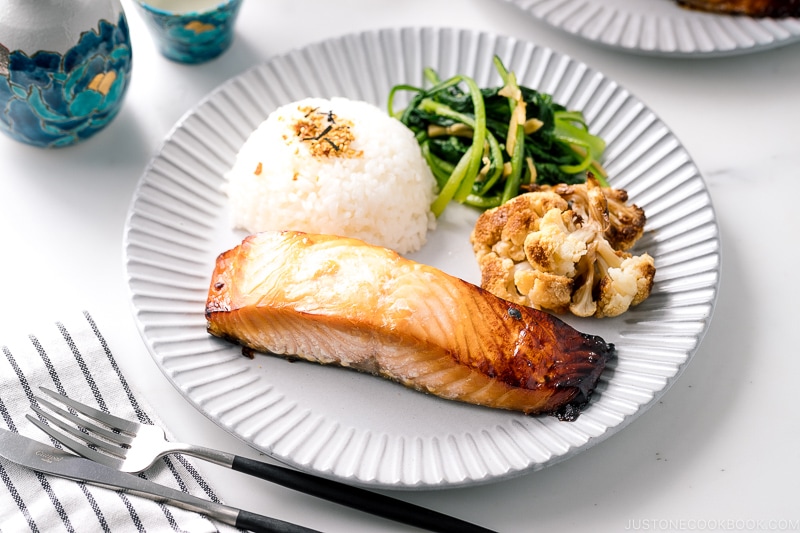
Ingredients
Export 3 ingredients for grocery delivery
Instructions
Step 1
Gather all the ingredients.
Step 2
Sprinkle 1 tsp Diamond Crystal kosher salt all over 4 skin-on salmon fillets and set aside for 15 minutes. Salt draws moisture from the salmon and removes the unwanted fishy smell.
Step 3
Combine 4 Tbsp mirin and 1 Tbsp soy sauce in a ziplock bag. I try to reduce the amount of plastic as much as possible, however, there are pros of using a plastic bag here. You can use a lot less marinade because a small amount of liquid can spread all over the salmon inside the bag. When you remove the air from around the salmon, the low pressure causes suction and the marinade reaches the salmon more quickly. This opens up the pores of the salmon so it soaks up the flavor rapidly. If you decide not to use a plastic bag, please double the marinade so it will cover the salmon.
Step 4
After 15 minutes, rinse the salt and moisture that come from the salmon with 1 Tbsp sake. Pat the salmon dry with paper towels.
Step 5
Put the salmon in the bag with the marinade. Remove as much air as possible and seal the bag. Place in the refrigerator and marinate for exactly 2 days (1 day is too short and 3 days are too long to keep the salmon in the fridge).
Step 6
Take out the salmon from the refrigerator 15–20 minutes prior to cooking, and let is rest out at the counter until close to room temperature. Meanwhile, preheat the oven to 425ºF (230ºC). For a convection oven, reduce cooking temperature by 25ºF (15ºC). Set the oven rack in the middle, 9 inches (23 cm) away from the top heating element.
Step 7
Transfer the salmon fillets from the bag to the baking sheet lined with parchment paper. Reserve the marinade for later use. I use an oven probe thermometer so the oven will let me know when the salmon reaches 145ºF (63ºC). I love it, no need to use a timer or guess if the salmon is done cooking! I use my Thermador oven‘s probe thermometer this time, but I also have and love Thermowork’s ChefAlarm.
Step 8
Bake in the preheated oven for 15–20 minutes, or until the internal temperature of the salmon is 145ºF (63ºC). The cooking time varies depending on the size and temperature of the salmon. You can also test for doneness by inserting a fork or knife in the salmon and twisting it a bit; the fish should be opaque and flake easily.
Step 9
Remove the baking sheet out of the oven and change to a broiler setting. Keep the middle rack position.
Step 10
Transfer the reserved marinade to a bowl and brush the marinade over the salmon fillets.
Step 11
Put the baking sheet back to the preheated broiler and broil for 2–3 minutes, until nicely charred. Personally, I think the charred salmon tastes better, even though it might not look the best. If you go for the taste, I recommend adding more char to the salmon (just like the color of the bottom part of the fillet in the picture).
Step 12
Serve the salmon fillet with side dishes. Here, I served the salmon with steamed rice with furikake rice seasoning, sautéed greens with ginger, and roasted miso garlic cauliflower.
Step 13
You can keep the leftovers in an airtight container and store them in the refrigerator for 2 days or in the freezer for a month.
Top similar recipes
Curated for youYour folders

 323 views
323 viewsSalmon Mirin-zuke
japan.recipetineats.com
5.0
(4)
6 minutes
Your folders
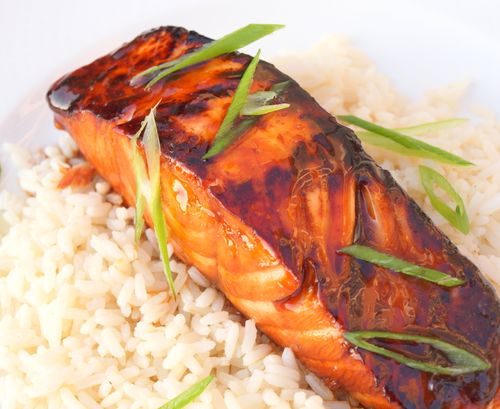
 208 views
208 viewsMirin Glazed Salmon
onceuponachef.com
5.0
(47)
Your folders
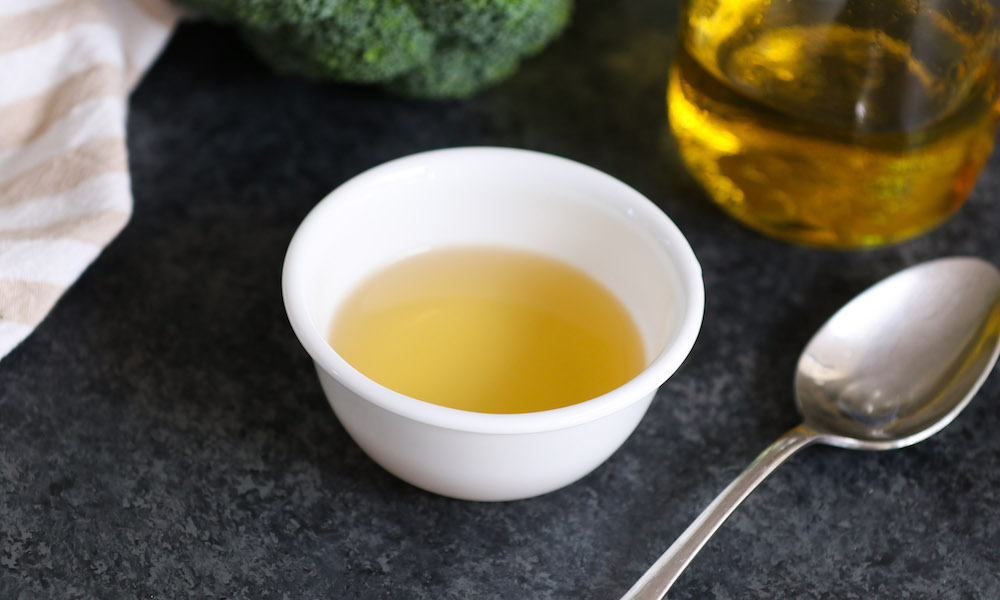
 787 views
787 viewsHomemade Mirin
tipbuzz.com
4.3
(8)
5 minutes
Your folders

 395 views
395 viewsJapanese Salmon with Mirin and Soy ...
recipetineats.com
5.0
(11)
6 minutes
Your folders
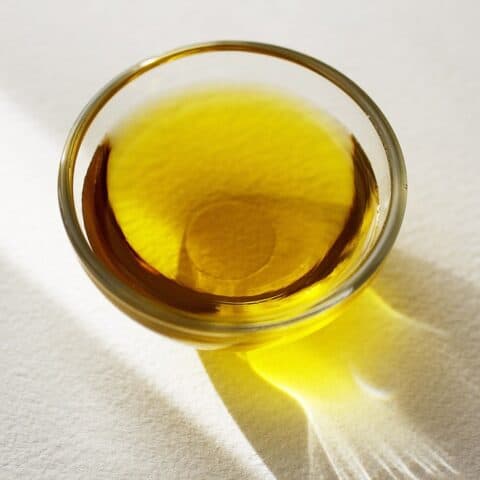
 211 views
211 viewsDIY Mirin Substitute
acethekitchen.com
4.0
(1)
Your folders
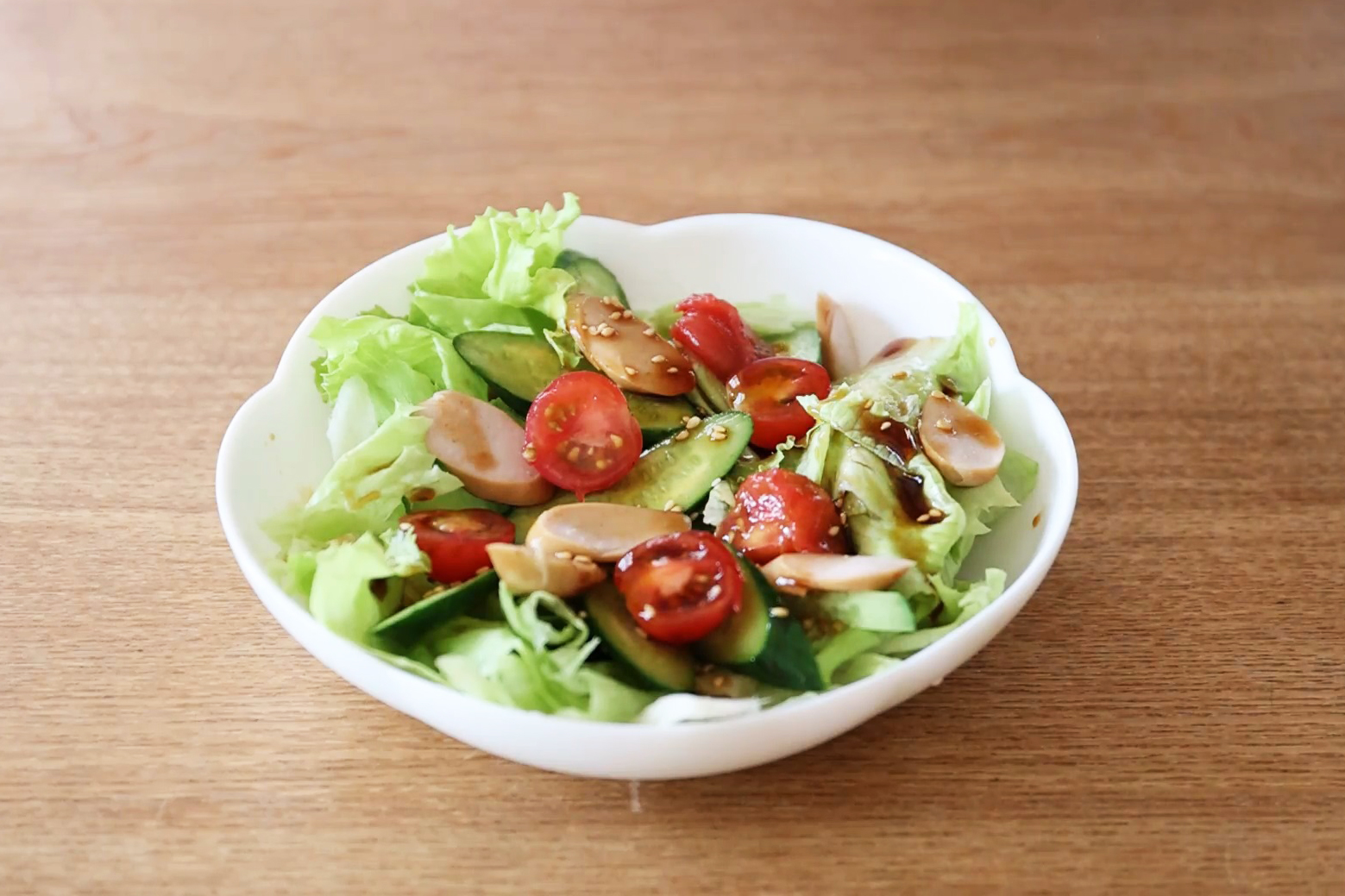
 207 views
207 viewsSalad Dressing with Mirin
thejapanstore.us
4.7
(3)
3 minutes
Your folders

 92 views
92 viewsRamen Egg (Ajitsuke Tamago) - Witho...
farahjeats.com
5.0
(4)
7 minutes
Your folders

 190 views
190 viewsSubstitute Japanese Hon-Mirin (Swee...
food.com
5.0
(3)
5 minutes
Your folders
 152 views
152 viewsMirin Substitutes: We Test the Best...
thekitchencommunity.org
5.0
(6)
Your folders

 296 views
296 viewsAbsolute-Authentic Japanese Teriyak...
japanmcconnell.com
Your folders

 174 views
174 viewsGrilled or Pan-Cooked Albacore With...
cooking.nytimes.com
4.0
(177)
Your folders

 254 views
254 viewsJapanese Noodle Soup Mentsuyu, Temp...
pieceofoishi.com
Your folders
/__opt__aboutcom__coeus__resources__content_migration__simply_recipes__uploads__2015__12__Salmon-Patties-LEAD-4-9968ae2768354c409b35967926d0b9db.jpg)
 434 views
434 viewsSalmon Patties {Salmon Cakes}
simplyrecipes.com
Your folders

 1328 views
1328 viewsSalmon Cakes Recipe (Salmon Patties...
natashaskitchen.com
5.0
(149)
25 minutes
Your folders

 196 views
196 viewsSalmon Patties (AKA Salmon Cakes)
gypsyplate.com
4.8
(22)
20 minutes
Your folders

 544 views
544 viewsSalmon and Feta Pinwheel Salmon
seductioninthekitchen.com
4.7
(22)
15 minutes
Your folders
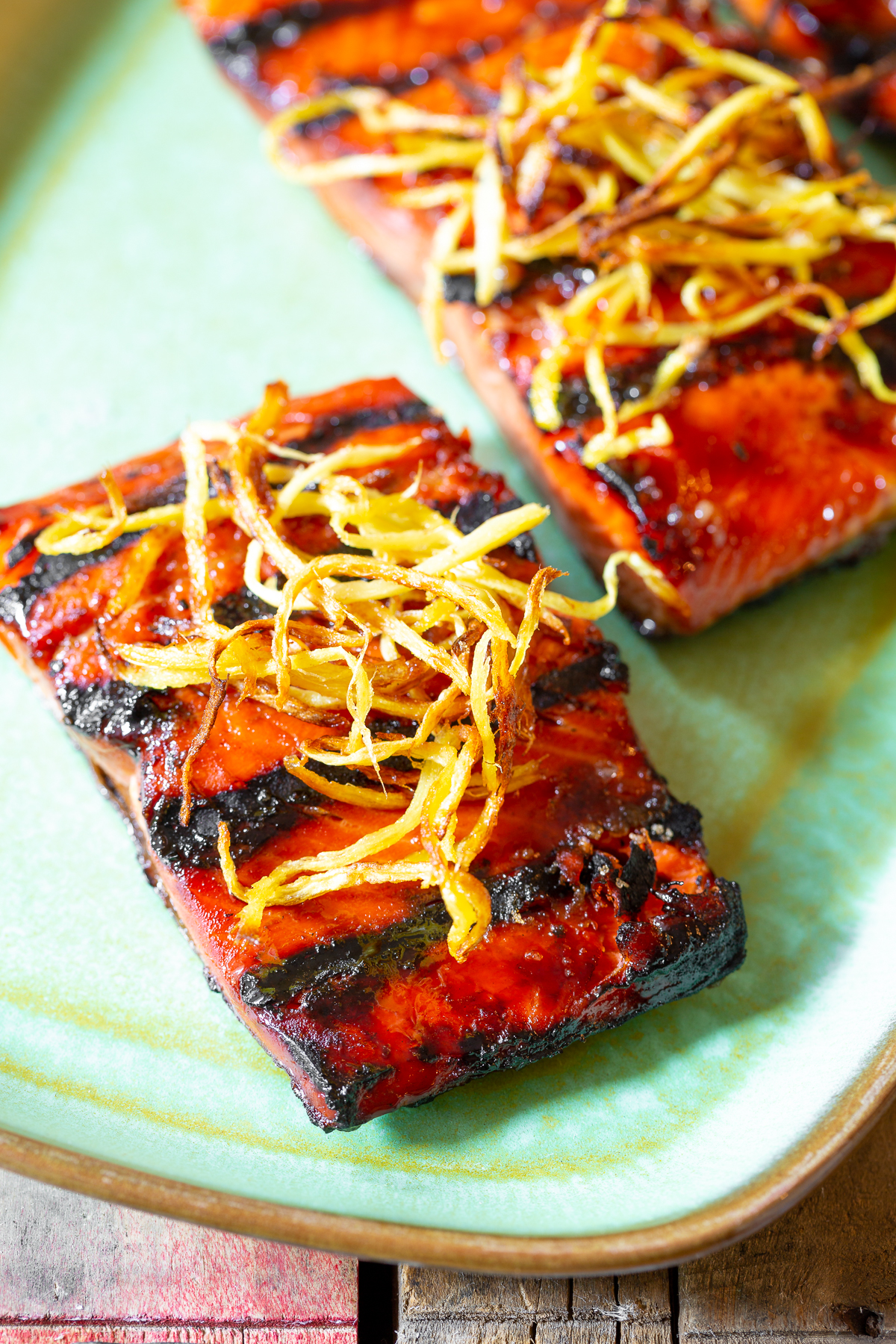
 562 views
562 viewsAsian Salmon Recipe (Candied Salmon...
aspicyperspective.com
5.0
(9)
8 minutes
Your folders

 476 views
476 viewsSalmon With Smoked Salmon Butter
cooking.nytimes.com
4.0
(429)
Your folders
 97 views
97 viewsSalmon Cakes Recipe (Salmon Patties...
natashaskitchen.com